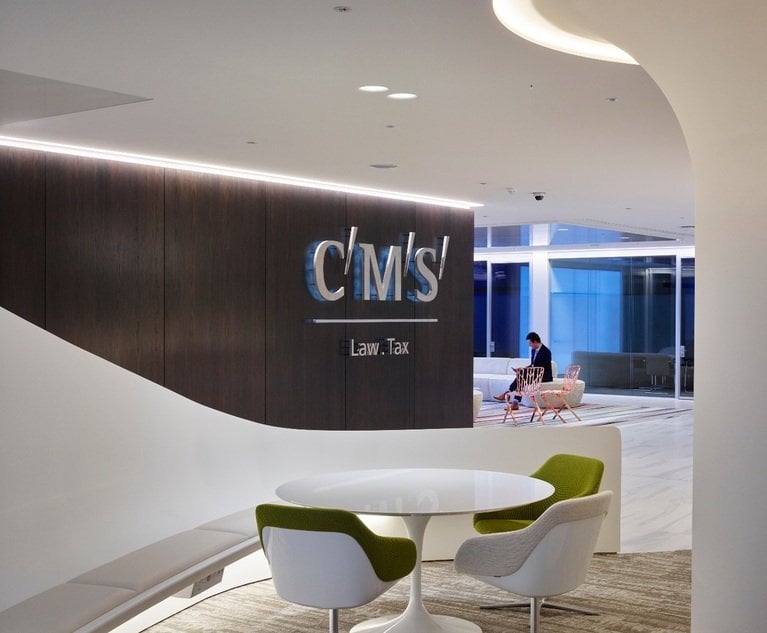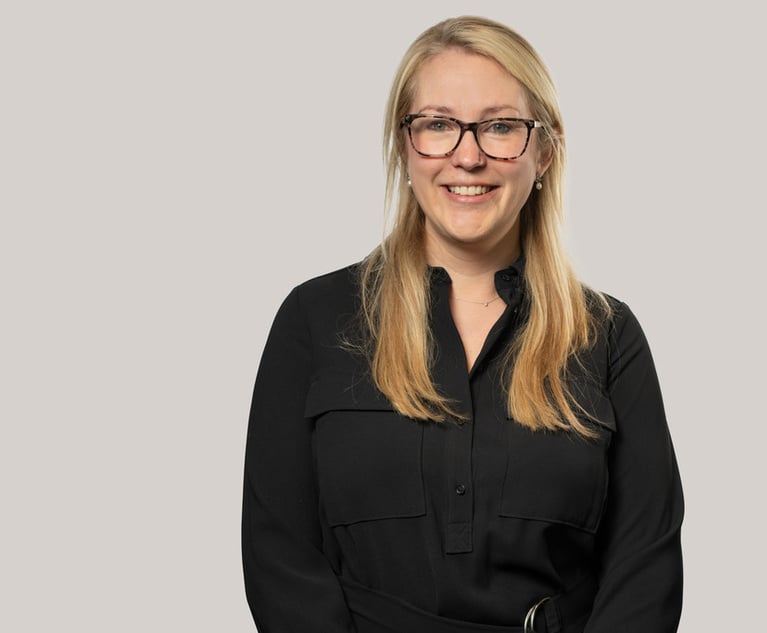Freshfields Bruckhaus Deringer is reducing its partner count by 20%, Clifford Chance (CC) and Linklaters are capping partner pay at a lower level, and Allen & Overy (A&O) has toyed with a similar move – these are tricky times to be a magic circle partner in Germany.









